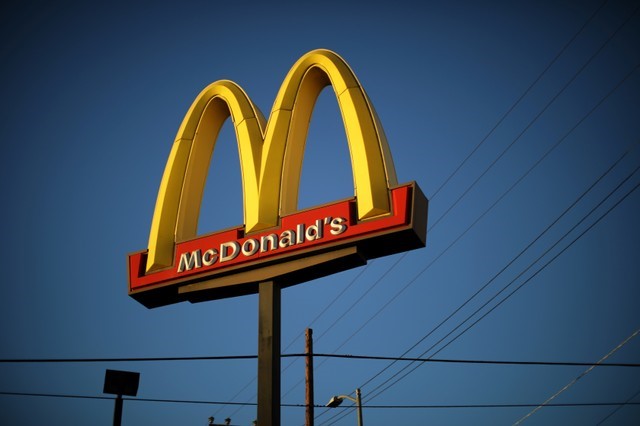Restaurants in California affected by a new $20 minimum wage starting April 1 are cutting jobs and increasing automation, while others say they will raise prices to maintain profitability.
“To cover the cost of the wage increase, we would need to take a mid-single-digit price [percentage] increase in California,” Jack Hartung, Chipotle’s chief financial and administrative officer, said during a February earnings call.
El Pollo Loco executives said, during their own earnings call earlier this month, the wage hike will lead to a 12 to 14 percent increase in labor costs for the business in 2023.
“We’re working on our whole labor tables ... to see if we can be more efficient,” Ira Fils, El Pollo Loco’s chief financial officer, said during the conference call.
The company believes cutting jobs and hours can recoup one-third to one-half of the added labor costs originating from the new law.
The rest will be made up with pricing increases estimated to be mid-to-high single-digit percentage spikes for the year, he said while acknowledging that higher prices typically lower demand as many consumers are budget-conscious.
“We’ll adjust that as we manage the impact of the minimum wage increase and our labor savings,” Mr. Fils said. “Our whole goal is really to protect margins while balancing traffic because we’re cognizant of the impact pricing can have on traffic.”
Additionally, the company is implementing new salsa processing equipment that is easier to use and clean to help reduce expenditures. Kiosks for in-person ordering and digital ordering through the restaurants’ website and app are also helping cut labor costs, according to Maria Hollandsworth, the company’s chief operating officer.
“We are really scrutinizing all costs to help offset expected incremental labor costs from upcoming legislative changes,” Ms. Hollandsworth said during the call.
Burger chain Jack in the Box is testing robots that can operate fryers and dispense drinks, according to a message to investors posted on the company’s website.
The National Owners Association—a group of McDonald’s franchisees with many from California—estimated the law will cost each restaurant location approximately $250,000 per year, according to a letter the organization sent to members last year.
Pizzerias—including Round Table and Pizza Hut—across the state are slashing jobs in preparation for the wage hike, with approximately 1,300 delivery positions cut earlier this year, according to state Employment Development Department data.
Some restaurants, including El Pollo Loco and pizza chains, are also choosing to use third-party delivery services to avoid certain labor costs.
Restaurants, including Jack in the Box and Chick-fil-A, combined to spend more than $4 million lobbying against the bill last year, according to Secretary of State data.
The group successfully lobbied to reduce the proposed minimum wage from $22 per hour to $20. Still, the new wage is a 25 percent increase from the existing $16 minimum wage for all industries in California.
Reports of secret backroom dealings and non-disclosure agreements used by some labor unions—to prevent discussions regarding the crafting of the legislation from becoming public—have generated controversy in recent weeks.
Additionally, after a Bloomberg article last month accused billionaire restaurant owner and Panera Bread franchisee Greg Flynn of securing an exemption for establishments that operate bakeries on-site after donating $226,800 to California Gov. Gavin Newsom since 2018, critics pounced on the story as evidence of a pay-to-play scheme.
Mr. Newsom has flatly rejected the claim, as did Mr. Flynn.
Furthermore, the governor’s legal team and attorneys with the state’s Labor Commission said the exemption would not apply to Panera Bread because the law specifies that establishments must bake bread on-site and offer loaves for sale as a stand-alone item.
It remains unclear how the exemption came about or what restaurants do qualify for it, though it appears the Great Harvest Bread Company, with four locations in California, is the only chain eligible based on the state’s recent legal interpretations.














